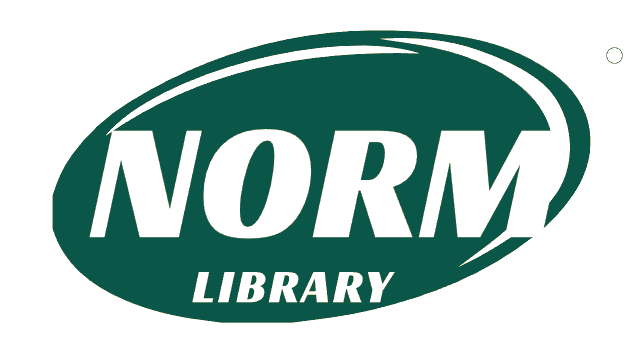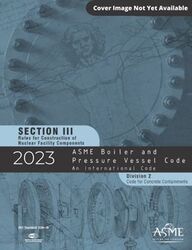UL 857 – Busways and Associated Fittings
Please note: All interim revisions for this edition available at time of your purchase will be included.
Busways
UL 857
1 Scope
1.1 Scope and object
1.1.1 This Standard applies to service-entrance, feeder, and branch-circuit busways and associated fittings rated at 600 V or less, 6 000 A or less, and intended for use in accordance with the Canadian Electrical Code, Part I (CE Code, Part I), the National Electrical Code (NEC), NFPA 70, and the Mexican Standard for Electrical Installations (Utility), NOM-001-SEDE, (see Annex b, Reference Item No. 1). These requirements do not apply to metal enclosed bus intended for connecting switchgear assemblies for use in prefabricated electric distribution systems.
1.1.2 For the purpose of these requirements, a busway is considered to be a grounded metal enclosure containing factory mounted conductors that are usually copper or aluminum bars, rods, or tubes.
1.1.3 Values stated without parentheses are the requirement. Values in parentheses are explanatory or approximate information.
1.1.4 Unless otherwise indicated, all voltage and current values mentioned in this Standard are root-mean-square (rms).
1.2 Reference publications
1.2.1 Products covered by this standard shall comply with the reference installation codes and standards as appropriate for the country where the product is to be used. When the product is intended for use in more than one country, the product shall comply with the installation codes and standards for all countries where it is intended to be used. See Annex b for a list of reference publications.
1.2.2 For undated references to standards, such reference shall be considered to refer to the latest edition and all revisions to that edition up to the time when this standard was approved. For dated references to standards, such reference shall be considered to refer to the dated edition and all revisions published to that edition up to the time when this standard was approved.
1.2.3 In Canada, general requirements are as indicated in Reference Item No. 21, Annex b and Grounding and Bonding requirements are as indicated in Reference Item No. 22, Annex b.
1.3 Components
1.3.1 Except as indicated in Clause 1.3.2, a component of a product covered by this Standard shall comply with the requirements for that component. See Annex a for a list of Standards covering components generally used in the products covered by this Standard. A component shall comply with the ANCE, or the Canadian Standards Association, or the Underwriters Laboratories Inc. standards, as appropriate, for the country where the product is to be used.
1.3.2 A component is not required to comply with a specific requirement that:
a) Involves a feature or characteristic not required in the application of the component in the product covered by this standard, or
b) Is superseded by a requirement in this standard.
1.3.3 A component shall be used in accordance with its rating established for the intended use.
1.3.4 Specific components that are incomplete in construction features or restricted in performance capabilities are intended for use only under limited conditions, such as certain temperatures not exceeding specified limits, and shall be used only under those specific conditions for which they have been investigated.
1.4 Fittings
1.4.1 A trolley (busway fitting) shall comply with the clauses of this Standard listed in Annex d, Table d.1.
1.4.2 A fitting shall comply with the clauses listed in Annex d, Table d.2.
1.4.3 An outdoor fitting shall comply with the clauses listed in Annex d, Tables d.2 and d.3.
1.5 Short-run busway
1.5.1 Short-run busway need only comply with those requirements specifically stating their application to short-run busway.
1.6 Insulating materials
1.6.1 Insulating material, other than wire insulation, tape, thermoplastic tubing, or continuous bus bar insulation, relied upon for over-surface spacing shall be resistant to arc-tracking under wet contaminated surface conditions and shall be:
a) A ceramic-type material or
b) A material having a Comparative Tracking Index (CTI) no less than 175 as determined in accordance with Reference Item No. 15, Annex b.
1.6.2 Insulating tape used in an outdoor ventilated busway shall be marked “Weather Resistant” under the conditions described in Reference Item No. 14, Annex b.
1.6.3 Requirements stated throughout this Standard for fittings apply to tap boxes, feed boxes, plug-in devices, and similar fittings; but do not apply to busway elbows, tees, and crosses.
Product Details
- Edition:
- 13th
- Published:
- 03/25/2009
- Number of Pages:
- 114
- Note:
- This product is unavailable in Ukraine, Russia, Belarus




